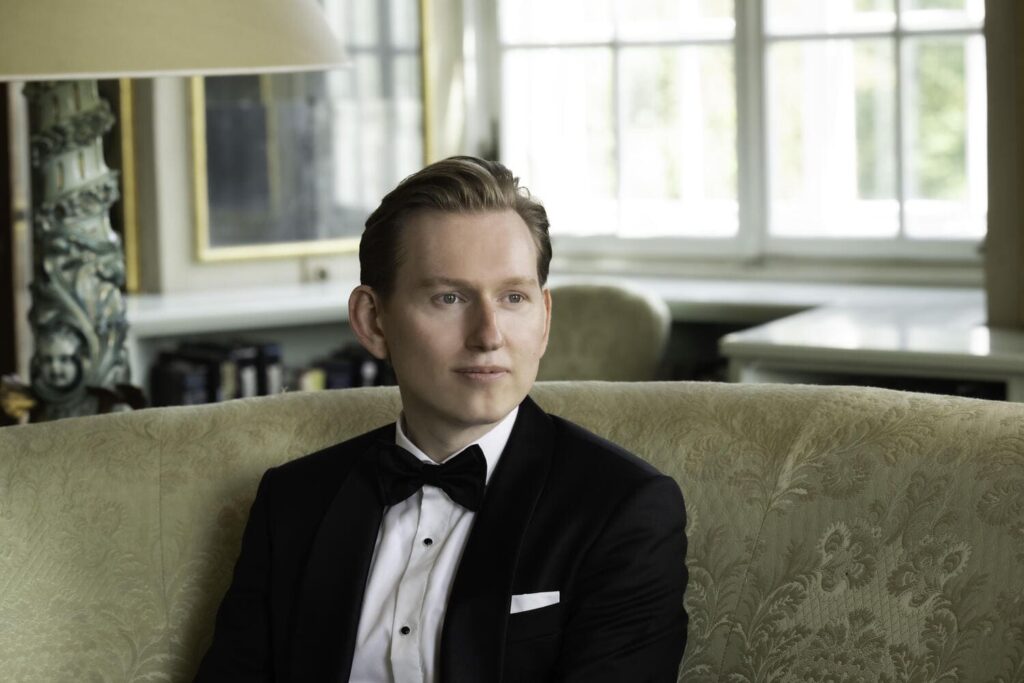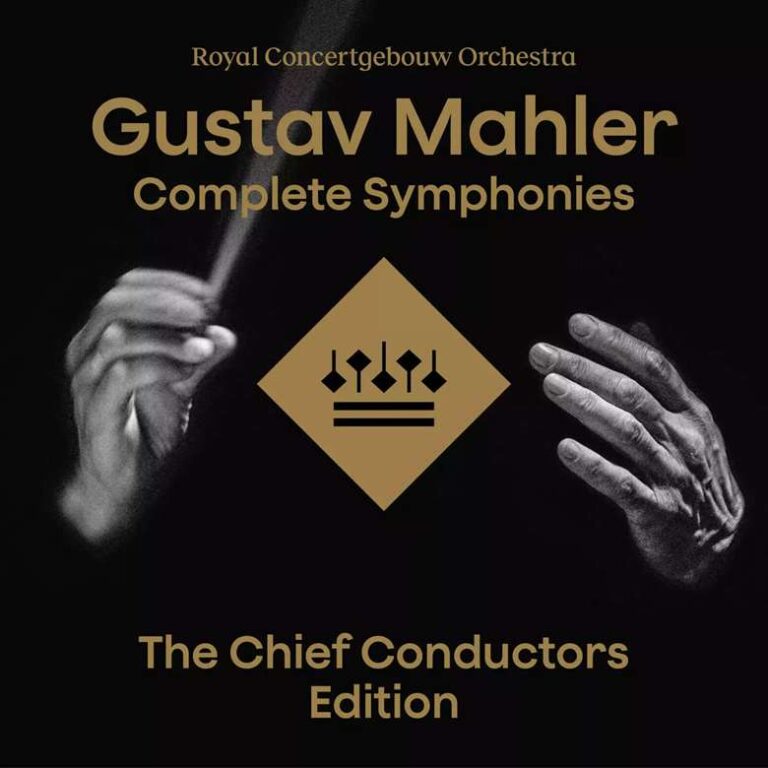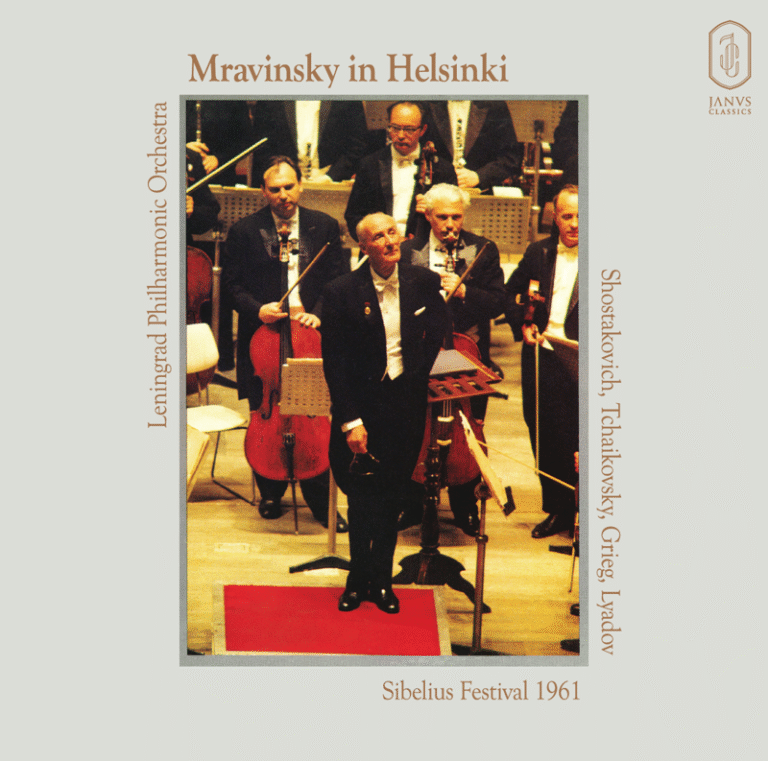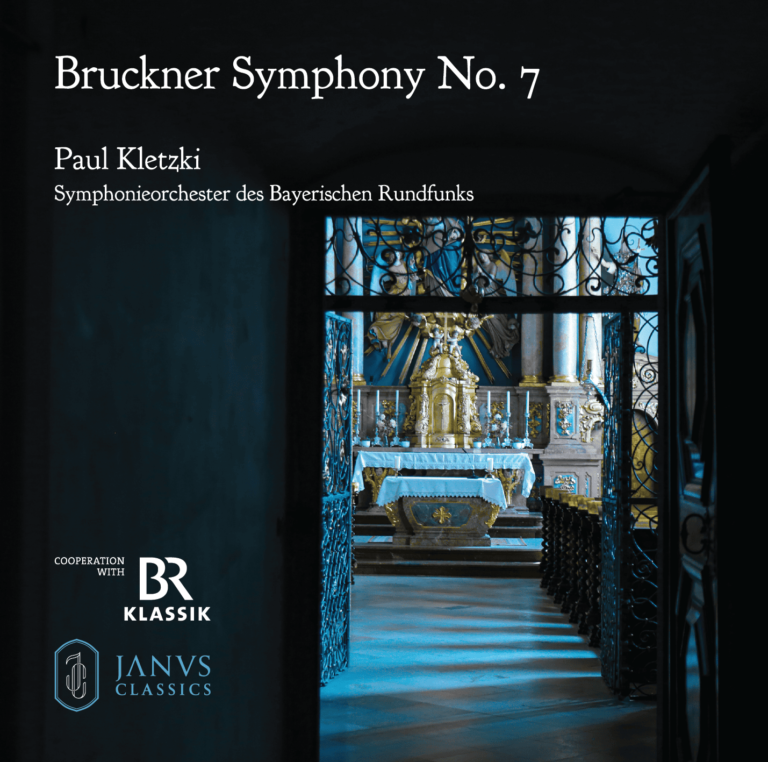
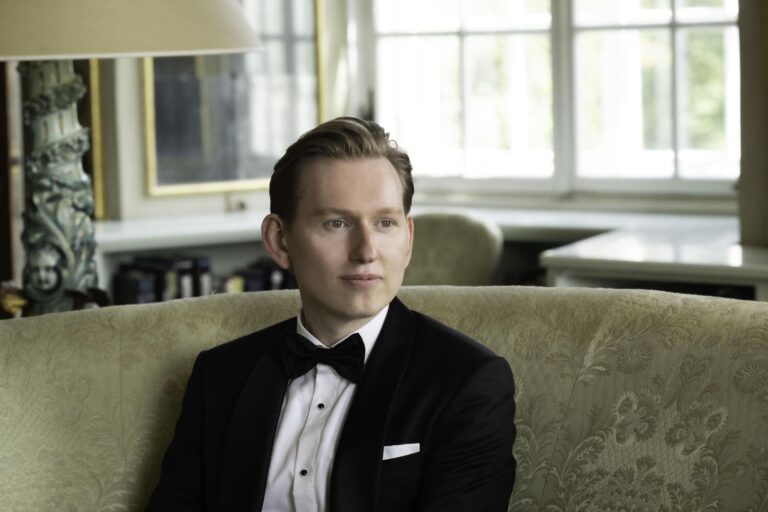
Bogdan Volkov, born in 1989 in Torez, Ukraine, is a celebrated lyric tenor recognized for his award-winning performances at major competitions like Operalia. He has performed leading roles at prestigious opera houses, including the Metropolitan Opera and La Scala, and is praised for his lyrical tone and deep character interpretations. In this interview for Pulsation, our classical music magazine, he answers three key questions online.
1. You’ve portrayed a range of emotionally intense characters. Can you share how you mentally and emotionally prepare to embody such diverse roles? Is there a particular character that has been the most challenging for you, and why?
Two roles that stand out for me are Prince Gvidon in The Tale of Tsar Saltan (La Monnaie/De Mund 2019) and Prince Myshkin in The Idiot (Salzburg Festival 2024). Gvidon is portrayed as an autistic character, while Myshkin embodies hyper-empathy. Preparing for these roles required deep emotional exploration and understanding of their unique perspectives. They were particularly challenging because I had to step into very different worlds—one shaped by a certain detachment and the other by overwhelming sensitivity. Roles like these require special attention to detail and a delicate tuning of emotions. I study the behavior, reactions, and inner experiences of these characters to accurately convey their unique qualities on stage. For me, it’s important not only to understand them from the inside but also to communicate their complex inner world to the audience. It’s challenging, but these are the roles that allow me to grow as an artist and discover new facets of human emotion.
2. Opera is a blend of tradition and personal interpretation. How do you balance staying true to a composer’s vision while bringing your own unique interpretation to the stage?
Balancing a composer’s vision with my own interpretation is both a responsibility and a creative journey. I begin by deeply immersing myself in the music and libretto to understand the character as the composer envisioned. This foundation is crucial. However, I also explore the character’s emotions, motivations, and inner world from my perspective. By connecting my personal experiences and instincts to the role, I bring authenticity and uniqueness to the performance. It’s about honoring the traditions while allowing the character to breathe and resonate with today’s audience. For me, this blend of respect and creativity is what keeps opera dynamic and compelling.
3. Your career has taken you to some of the world’s most iconic stages. Looking back, is there a specific performance or turning point that shaped your journey as an artist? How did it change your perspective on your career or life?
A key turning point in my career was my passage in the Young Artists Program at the Bolshoi Theatre. It was there that I received the foundational training and experience that shaped me as an artist. Winning the Operalia competition in 2016 was another milestone—it opened doors to many of the world’s great stages and gave me the confidence to pursue my craft internationally. Additionally, working with visionary directors like Dmitri Tcherniakov, Christoph Loy, and Krzysztof Warlikowski was transformative for me. Their creative insights and unique approaches to opera pushed me to explore new depths in my performances, giving me a significant boost in my artistic development. These experiences not only changed my perspective on my career but also taught me the value of continuous growth and collaboration in this art form.

